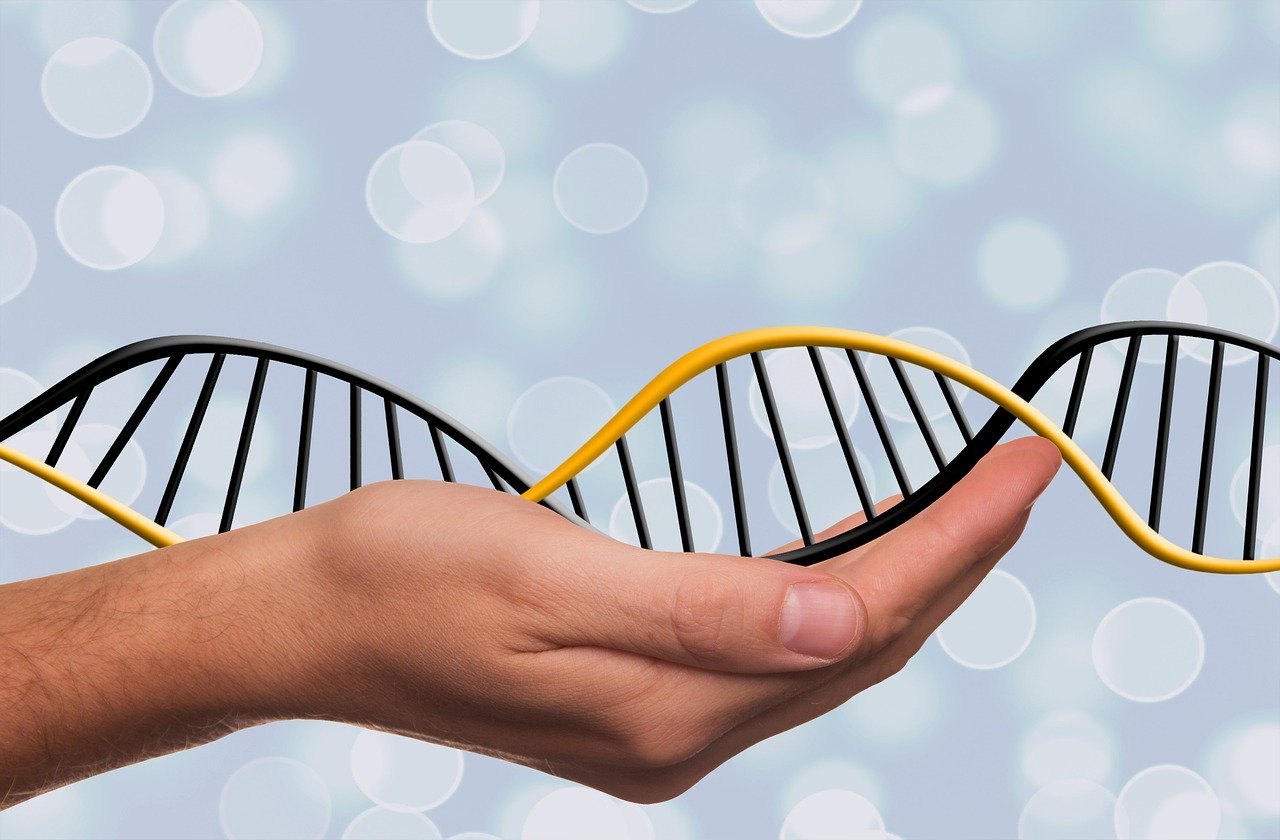Scylex Lab
12-Sep-2024
SNPs Simplified: A Beginner’s Guide to Genetic Variations
Have you seen the term SNPs and wondered what the heck does that mean?
Have you seen the term SNPs and wondered what the heck does that mean? It’s a whole lot of science talk that we’re going to break down for you so you can understand what they are and how they might impact your health.
We’ll start with a refresher on DNA. DNA is essentially the instructions or the code for our body. It is made up of only 4 types of building blocks (also called nucleotide bases): adenine, thymine, cytosine, and guanine.
These bases are often referred to as the letters A, T, C, and G. The order of the letters in some areas of our genome combines in different ways to provide individualized instructions for each human, making us unique from one another.
Now back to SNPs (pronounced “snips”), which stands for single-nucleotide polymorphisms. It is a type of genetic variation where a single nucleotide (A, T, C, or G) differs between individuals.
Here’s an example:
Individual 1
Maternal
CGATATTCCTATCGAATGTC
Paternal CGATATTCCCATCGAATGTC
Individual 2
Maternal
CGATATTCCCATCGAATGTC
Paternal CGATATTCCCATCGAATGTC
All of the base positions above are the same, except where you see the highlighted letter (or base). This would be a SNP (a variation). This can happen in various genome regions. Some of these variants are responsible for coding (genes), SNPs that are not in protein-coding regions communicate with the body through transcription factors (TF).
If a SNP occurs within a gene, then that gene is said to have more than one allele. An allele is a variant of a particular gene and a gene is a segment of DNA that controls a specific trait.
SNPs and Health
There has been a lot of research in the area of genetics and SNPs, which has led to great developments in identifying how SNPs impact health outcomes. Here are a few:
Susceptibility to diseases: Certain SNPs affect gene function and may indicate that the individual is predisposed to an increased genetic risk of developing specific diseases. This might include diabetes, heart disease, or cancer.
Metabolism of Medications: SNPs also have the ability to influence how people metabolize certain medications. They can impact the efficacy of certain drugs or medications as well as the likelihood of adverse effects. This is due to the way they alter genes that encode drug-metabolizing enzymes. Pharmacogenetics is the study of how genetic factors impact our reactions to drugs.
Variation in Traits: SNPs also contribute to traits such as height and skin color.
While SNPs are an important piece of the puzzle, our health is still also influenced by our lifestyle and environment. Just because a SNP may indicate that you have a higher likelihood of certain diseases, it does not mean that you are destined for those diseases.
Lifestyle habits such as healthy eating, exercise, and stress reduction all play a key role.
What do Nutrigenetics and Nutrigenomics have to do with SNPs?
Nutrigenetics studies SNPs that impact the activity of proteins in the body that are involved in the absorption and metabolism of dietary nutrients.
Nutrigenomics studies the direct or indirect effects of nutrients on the expression of certain genes.
Summary
SNPs are small but significant variations in our DNA that can have diverse impacts on our health and traits. Understanding SNPs helps in predicting disease susceptibility, personalizing medication efficacy, and explaining variations in physical traits.
As research advances, the knowledge of SNPs continues to enhance our ability to tailor healthcare to individual genetic profiles, potentially leading to more effective treatments and better health outcomes.


